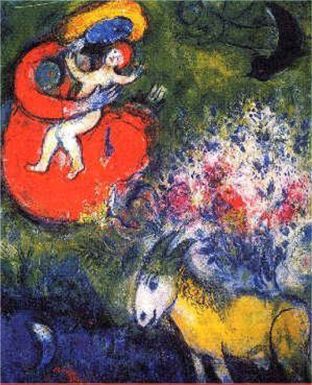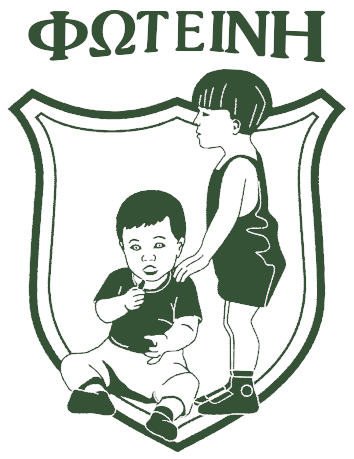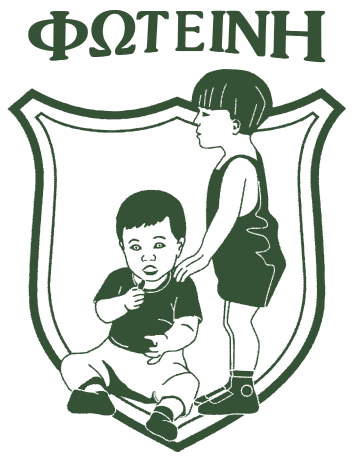Post-Infant Class (2-3 years of age)
Curriculum and Aims
The age of two is met with a burst of energy. The child is constantly moving, running and jumping around. This energy is so important as it enhances the child’s physical development, releases emotional tensions and allows it to learn how to control its body. At this age, children cannot concentrate for long on one activity, they quickly lose interest in the game in front of them and are constantly looking for a new challenge. In fact, children of this age are quite egocentric as they explore their individual abilities. They therefore spend little time playing with other children.
With this in mind we have developed our Post-Infant Class Curriculum, which has the following aims:
1. PHYSICAL & MOTOR DEVELOPMENT: as linguistic ability and vocabulary have not yet developed at this age, children satisfy their need for self-expression mainly using body language. To be able to express themselves in this way, they must have an awareness of their body and space. Children first learn to distinguish themselves from their environment and then know and name the parts of their body. They understand the shape and weight of their body, and later the objects around them. By doing so, they can begin to move easily, and communicate with other children through a code of body-language, which they will devise by themselves, guided and encouraged appropriately in this process by their teacher.
2. COGNITIVE DEVELOPMENT: feelings are of the utmost importance for children, they channel and prioritize information. Suitable sensory toys are therefore the crucial building blocks of learning because they offer the child a variety of stimuli, relevant to their age; they give the child the possibility to act on things, to handle them freely and lead to interesting outcomes. Learning in a fun way offers a more pleasurable experience, feeding and developing imagination and creativity. The finished product, for example a drawing, becomes secondary to the process of having created it.
3. LANGUAGE DEVELOPMENT: through the use of fairy tales, songs, rhymes, lullabies, puppet shows and word games, and also from the teacher in charge of all daily activities and routines, the children acquire a basic vocabulary which is brought to life during everyday communication.
English is integrated as a language of communication throughout the school on a daily basis. The basic idea is to also use English in every aspect of the child’s school life, from organised activities through playtime to mealtimes. Our English teacher, Mrs. Genine Lowe, assists our existing educators with the curriculum already in place, but communicates solely in English. Thus a need for real every day communication is created, which in turn leads to an effortless assimilation and use of English. The theory of the programme is simple: just as a child growing up in a bilingual family develops a natural feel for both languages, similarly our pupils pick up English in a non-intrusive and natural way. Simply put, we hear, we take it in, and then we talk.
4. SOCIAL & EMOTIONAL DEVELOPMENT: the emotional education of children is an important part of their general education. The key to social and emotional development in children is to create positive relationships between teacher and child. Initially, children are encouraged to develop a relationship of trust and love with others outside the family. Once a good relationship with the child has been established, the teacher organizes activities and games to encourage children to:
- Greet peers and familiar adults after a reminder.
- Openly show their love and their various other emotions.
- Accept being separated from their parents.
- Be cooperative when asked (at least half the time)
- Follow the examples given by adults and friends.
- Be able to wait their turn.
- Be able to make choices when asked.
- To understand what “mine” and “yours” means.
5. INDEPENDENCE: with respect to the individual development of each child, we aim to gradually teach the child to:
- Be able to eat alone.
- Use the potty or toilet.
- Ask to go to the toilet in time (during the day)
- Wash hands and face and to dry their hands when given a towel.
- Put on and take off shoes.
- Hang their coat on a hook located at the appropriate height.
- Be responsible for their bag.
- Tidy up their games and toys.


